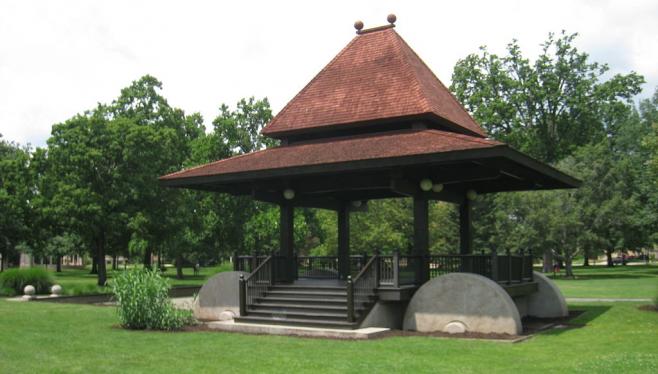An excerpt from HERE: http://spectator.org/articles/65001/cult-social-justice
THE CULT OF SOCIAL JUSTICE
By Robert Stacy McCain
There are too many white musicians in the Oberlin College jazz band. This was among the numerous complaints — “concrete and unmalleable demands” — in a 14-page manifesto issued last week by the Black Students Union (BSU) at the elite private liberal arts college in Ohio. The second item on their list of demands was “a concerted effort to increase the percentage of Black students and specifically Black female identifying instrumentalists in the Jazz department. We would like to reiterate the demand for a 4% annual increase in the enrollment of Black students in the Jazz Department starting in 2016 to accumulate to 40% increase by the year 2022.”
Underrepresentation of “Black female identifying instrumentalists in the Jazz department” might seem a rather odd choice of student grievances to those of us old enough to remember when campus radicals focused their attention on serious issues like the Vietnam War. The seemingly trivial nature of the Oberlin BSU complaints contrasts starkly with the group’s dramatic denunciation of the college as an institution that “functions on the premises of imperialism, white supremacy, capitalism, ableism, and a cissexist heteropatriarchy.”
That last bit of academic jargon is derived from Third Wave feminist theory — the social construction of the gender binary within the heterosexual matrix, to summarize the thesis of Judith Butler’s 1990 book Gender Trouble, now commonly assigned as required reading in programs like Oberlin’s department of Gender, Sexuality, and Feminist Studies. To decode a jargon phrase like “cissexist heteropatriarchy,” one must know that the prefix “cis-” is the opposite of “trans-” and thus “cissexist” means not only discrimination against women, but also against “transgender” persons. Likewise, the familiar feminist denunciation of “patriarchy” (i.e., the social system of male supremacy) has been updated with the prefix “hetero-” to imply that homosexuals in particular are oppressed by such a system. These linguistic modifications have the effect of allowing men to abjure their identification with “male privilege” either by declaring their homosexuality or “transgender” status, and thereby including themselves among the oppressed members of the LGBT coalition.
Determining one’s position in the scale of privilege and oppression is necessary to the progressive project of “social justice” of which the Oberlin BSU’s list of demands is an example. This is how and why a seemingly trivial matter — too many white people in the jazz band — gets transmogrified into a major grievance at Oberlin College (annual tuition of $50,586) where students bemoan their plight as victims of “imperialism, white supremacy, capitalism, ableism, and a cissexist heteropatriarchy.” Social justice is a sort of cult religion, and elite college campuses function as temples of this postmodern faith, where the saintly Victims of Oppression are taught to hate the demonized Forces of Privilege.
Of course, the demon figure in the white student’s social justice drama is Daddy, who is paying $50,586 a year to send his kid to Oberlin. Anyone familiar with Freudian theory could understand the psychological appeal of social justice rhetoric to affluent white teenagers whose resentment of their humiliating dependency on paternal support manifests itself as an Oedipal impulse to denounce Daddy. Whereas black students at a posh school like Oberlin have a rather obvious outlet for their juvenile rage — making “white supremacy” the scapegoat for their dissatisfaction — white radicals require elaborate theories to justify their own protest tantrums. This explains why campus “activism” is so common at elite schools, but is seldom found at less prestigious institutions. Certainly there must be students at my own alma mater, Jacksonville (Ala.) State University, who care about social justice, but they are much more interested in practical matters like getting their diplomas and finding a job after they graduate. Campus radicalism is a luxury most students at JSU (annual tuition $8,790) probably can’t afford.
Read the entire pice HERE

